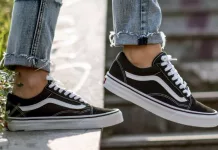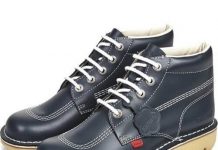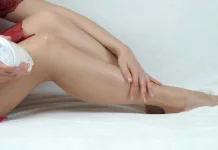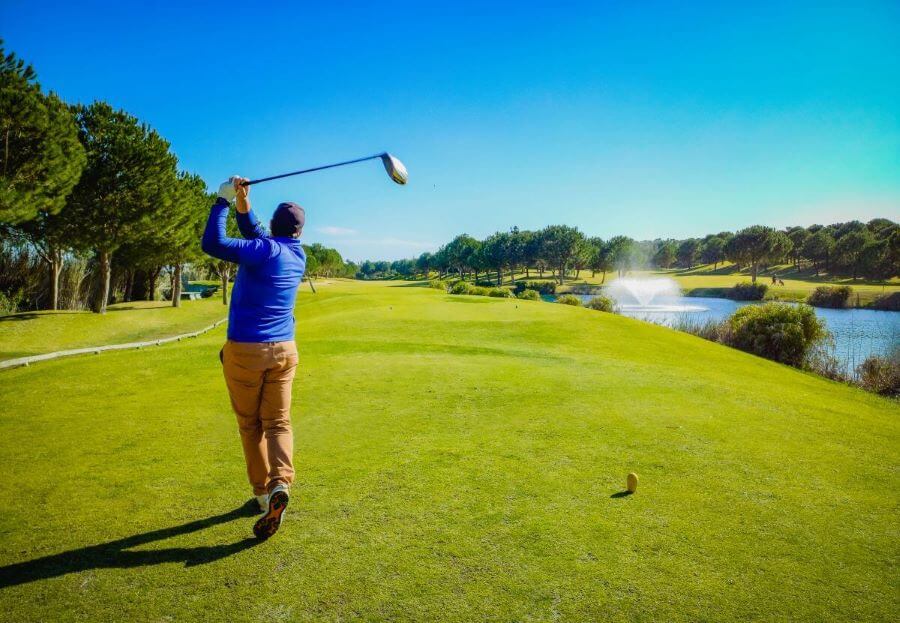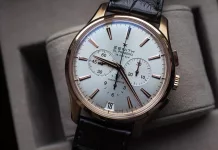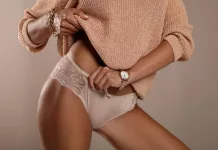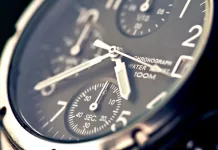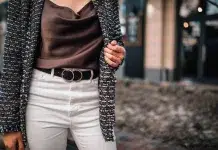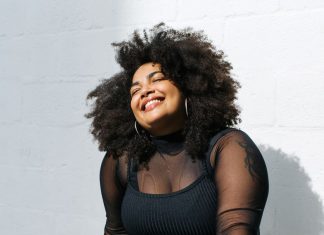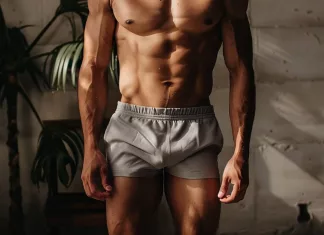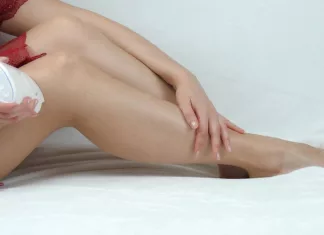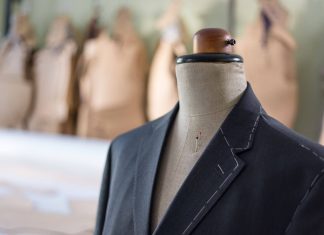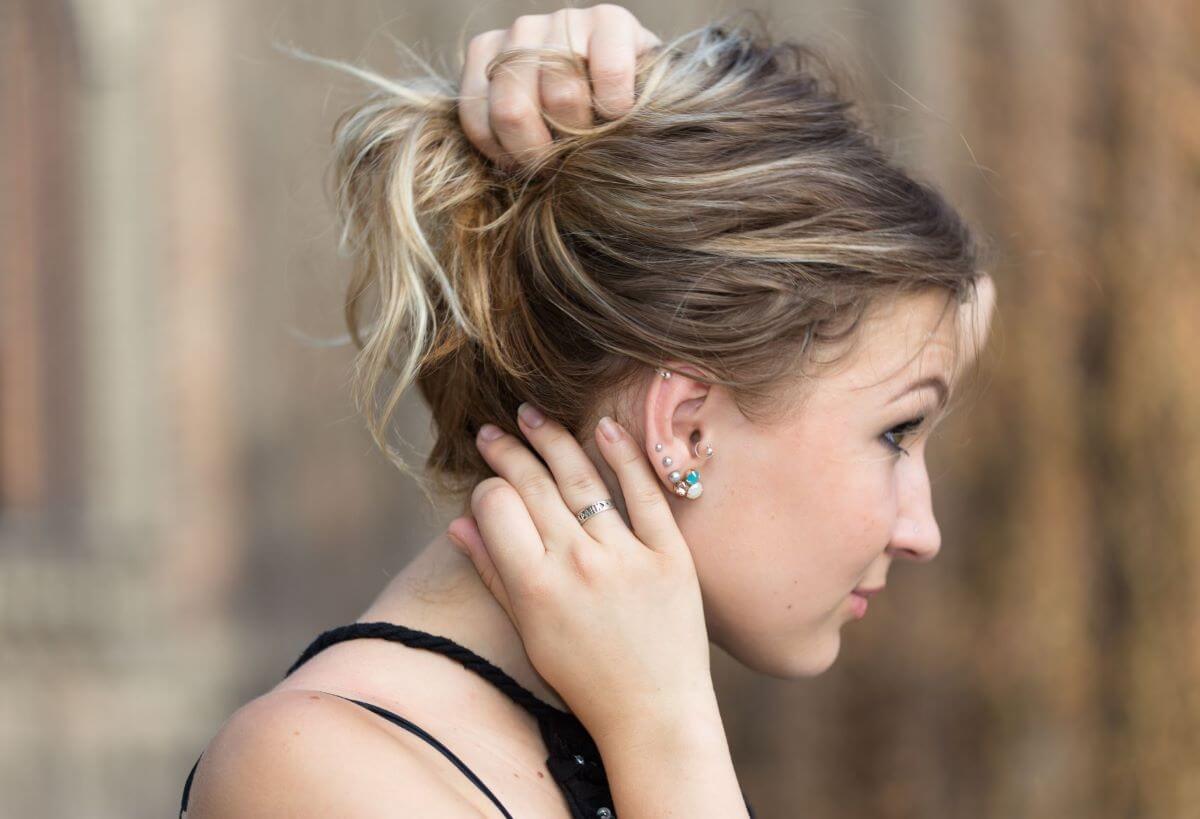
First Published: 28th January 2021, written by Olivia Doonan | Last Updated on 1st April 2024 | Reviewed and Edited by Chloe Safilo
Ear piercings and body piercings are very common beauty accessories for all ages and genders. Buyers have a wide range of earrings to choose from but it is advised to invest in best quality jewellery. But many people want to know how long does it take for a ear piercing to close.
The main issues that people ask themselves are: How long do I have to leave my studs in before changing them? How long will my ear piercings take to heal? What can I do to help my ears heal? Will the ear-piercing close up overnight if the earring is removed?
With men’s earring still in trend, ear piercings can be safe and simple to get done but they are guidelines that will need to be followed for the piercing to be completed properly and to make sure the opening stays for easy use.
Furthermore, piercings are the latest trend, and this means you might be keen on some earrings you just spotted. Consequently, you would want to know how soon you can remove the pierced earrings and then when to wear the new ones you just purchased without agonizing over if that piercing will close up or not.
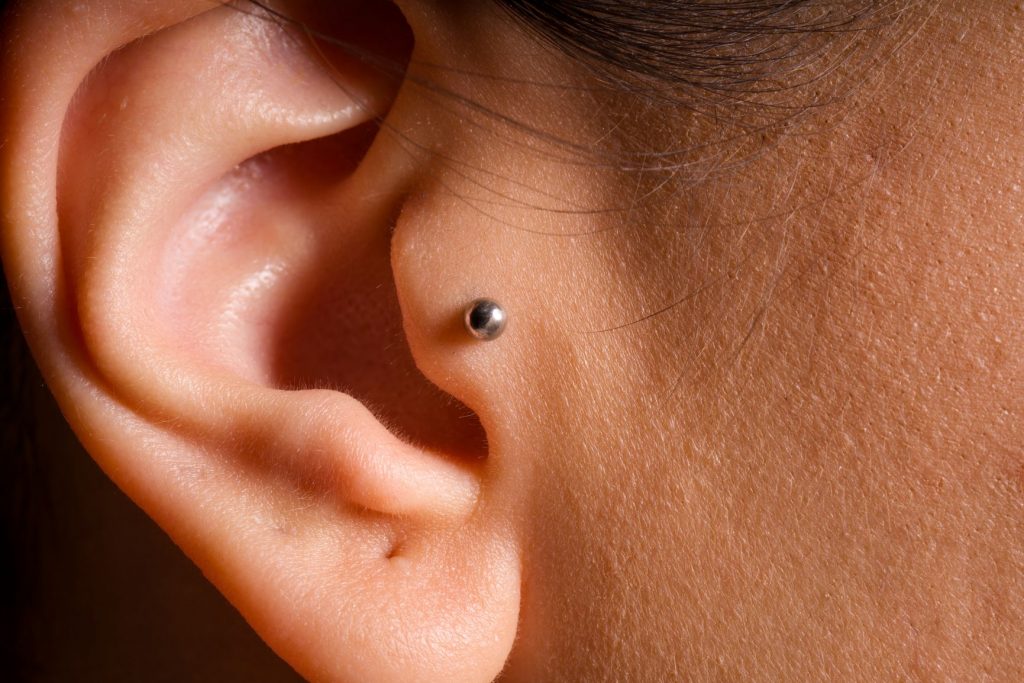
Will your earring holes close up overnight?
For the most part, you would need to wear the hoops put in during piercing until your stud openings close up well. Within the first week, removing the first pierced earrings before the hole heals would lead to the closing up of the ear piercing.
You would need to remember that various kinds of ear piercings take different times to heal so before you decide to remove the stud out, you should make sure the area around your piercing has completed healed. As a guideline example, ear lobe piercings take approximately 6 weeks to heal but you still would need to be careful after the duration of time.
There are around 15 places around your ear that you can make a hole in. These include the lobe, upward along the outer cartilage, inward along the part of the ear attached to your head and several places in the centre. You have the option to choose where you feel the piercing would be comfortable in your ear.
For a healthy and quick healing process, particularly when you need to make more than one piercing at one time, we suggest that you get no more than 3 piercings. Restricting the number of piercings to 3 means that they will heal properly, and you’ll be able to manage the pain more easily.
How long do ear piercings take to heal?
A channel is made through your skin during piercing, and the body will create skin cells/epithelial cells along the pierced stud during the healing process. When new cells have been created right down the length of the piercing and around the stud, the epithelial cells will develop into a fistula/tube.
The fully developed fistula/tube could remain open for quite a long time (ranging from years to months) after the jewellery removal. Some of the fistulas developed are heartier and thicker than others.
How long does it take for a piercing to close?
Regardless where on the body it is, the fresher the piercing, the quicker it closes over if left open to do so. Note that ear, navel, and nipple piercings regularly remain open for life since there is no mucosa in the hole’s inner lining.
Side note, you should not re-pierce the same hole as it would increase the risk of infection and would increase the healing process.
Why does my ear piercing close so fast? (overnight or after few days)
Another ear-piercing may close quickly, either overnight or after a couple of days if the stud or jewellery is not held in the hole. The primary reason why this would happen to you is that the pierced ear had not healed completely. As referenced above, skin cells, called epithelial cells (and epithelial tissue), should initially develop around the piercing before the fistula creates and develops around the earring.
In case you get the stud out too early before it completely heals, the epithelial tissue from the opposite side of the piercing would fuse and the hole will close up. The healing time of an earlobe piercing could be around 4 to 6 weeks whereas the healing time for a cartilage piercing would take much longer to heal.
To get a shorter healing time for an ear piercing, don’t move the stud/earring, don’t irritate the ear and clean the area as directed for the first 24 hrs.
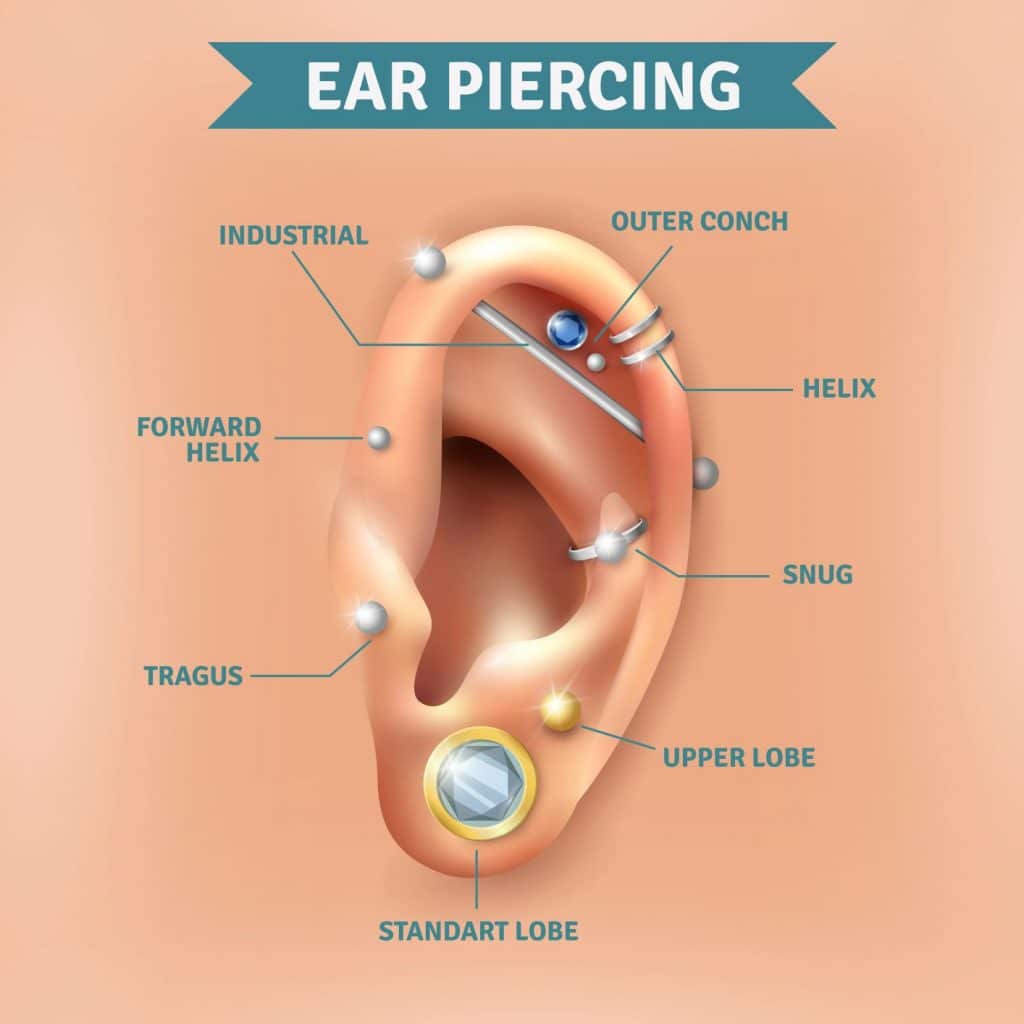
My ear piercing closed overnight, what should I do?
You may have followed the professionals advice strictly and the piercing may look healed but potentially despite many years of healing, wearing clip-on hoop earrings for a few months could lead to the piercing closing up overnight.
What should you do if this happens?
You’ll have to see what type of closed piercing you have to work with. The piercing could be either partially closed off (the top or bottom half could be closed up) or completely closed off.
If the closure is partial, you may be able to put an earring through from either side. If it has closed fully then we would advise you to seek professional help to re-open your piercing.
How to close ear piercing hole permanently
Larger holes or tears may need sewing up, but usually if you take all jewellery out any holes in the ear lobe or septum will heal although time will vary based on how recent the piercing is. To avoid infection, try to keep the area clean with saline solution.
Conclusion on how long does it take for an ear piercing to close
Managing a closed piercing may be stressful but the above advice should help
The most terrible issues that could occur, other than diseases, include unsightly scarring, extra scar tissue, and you’ll never be able to have a piercing in the same area.
If the closure is hard to cope with, get women or men’s clip-on hoop earrings or ideally a stud that you can easily sit in and let the piercing heal. You can also expand the size of the stud a long time after the healing to lessen the possibility of closure.
Do ear piercings hurt?
Yes, getting an ear piercing can be painful as the needle or piercing gun is creating a small hole in the earlobe or ear cartilage. The level of pain can vary depending on individual pain tolerance, the location of the piercing, and the method used for piercing.
Generally, the initial piercing can cause a quick and sharp sensation of pain, followed by a dull ache or soreness for a few days. However, the pain is usually temporary and can be managed with proper aftercare, applying saline solution, and avoiding water.
It’s crucial to have your ear piercing done by a professional piercer who follows proper hygiene practices to minimize the risk of infection and complications. Ironically, the best tend to be at a tattoo studio. Tattooing also pierces the skin, so the in-house tattoo artist will give genuine expert advice on how to care for your piercing holes, how to keep the wound sterile, and cleaning techniques to stop crust or swelling.
Do ear piercings close?
Yes, nose or ear piercings can close if the jewellery is removed and the piercing is left empty for an extended period of time, usually weeks or months. How quickly a piercing fully closes can vary depending on the size of the hole, location of the body-piercing, individual and the specific piercing.
Will my ear piercing close up overnight?
It is possible for an ear piercing to close up overnight if still in the healing stage. If you are concerned about your ear piercing closing up, it is best to consult with professional piercers or healthcare provider for guidance.
How long can you leave earrings out before the hole closes?
Again, this is done to how new the piercing is, but fresh piercings can close overnight. Older ones can take weeks, months or years though.
How long does it take for earring holes to close?
The time it takes for earring holes to close varies from person to person, and how recent the piercing is. Generally, if you have recently removed your earrings and your ear piercing is fully healed, it may take 4-6 weeks for the hole to close up. It’s good to wash it with soap and warm water to limit infection.
Tongue piercings are about the same, but need to be washed daily with a sea salt rinse, cleaning after meals is advised.







